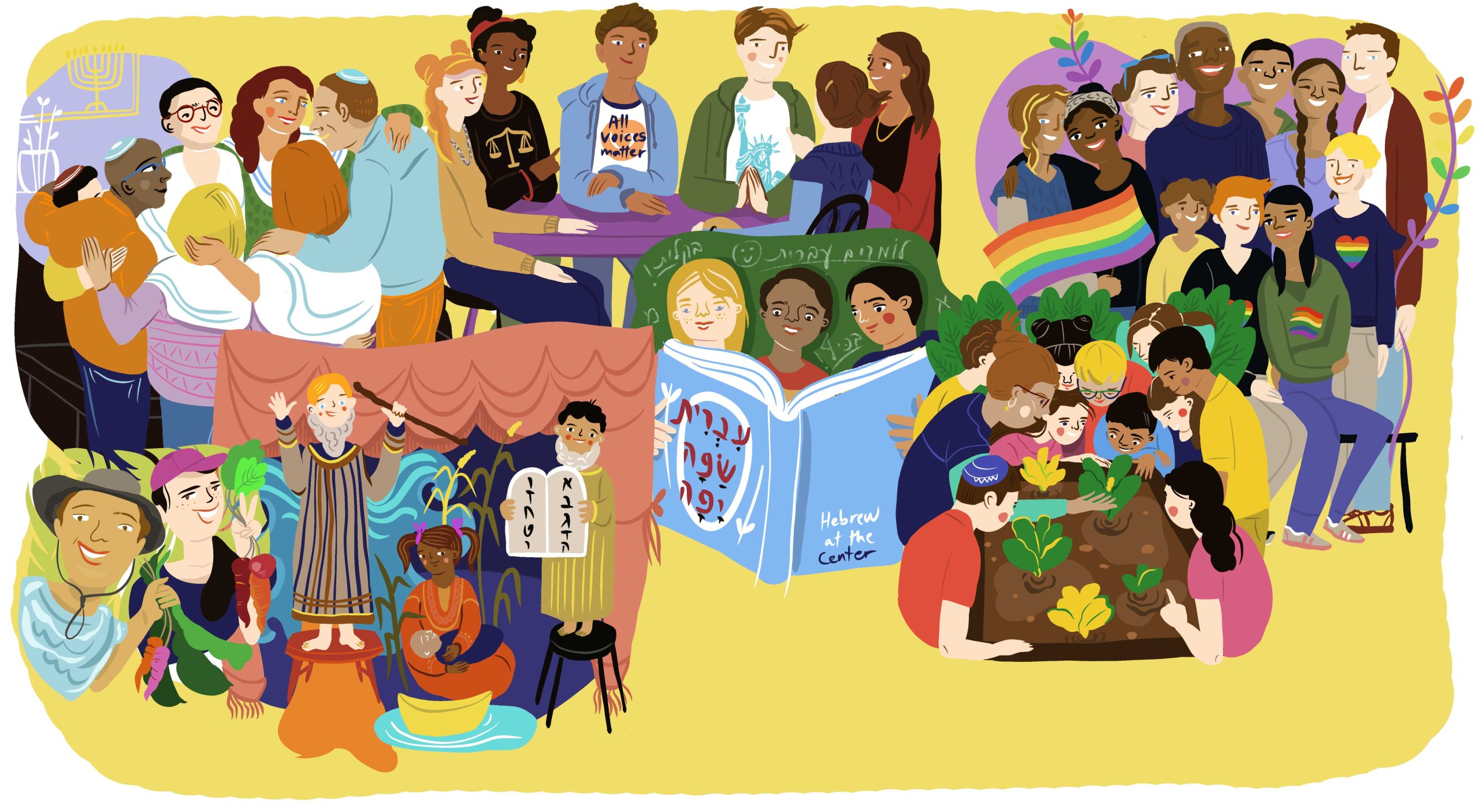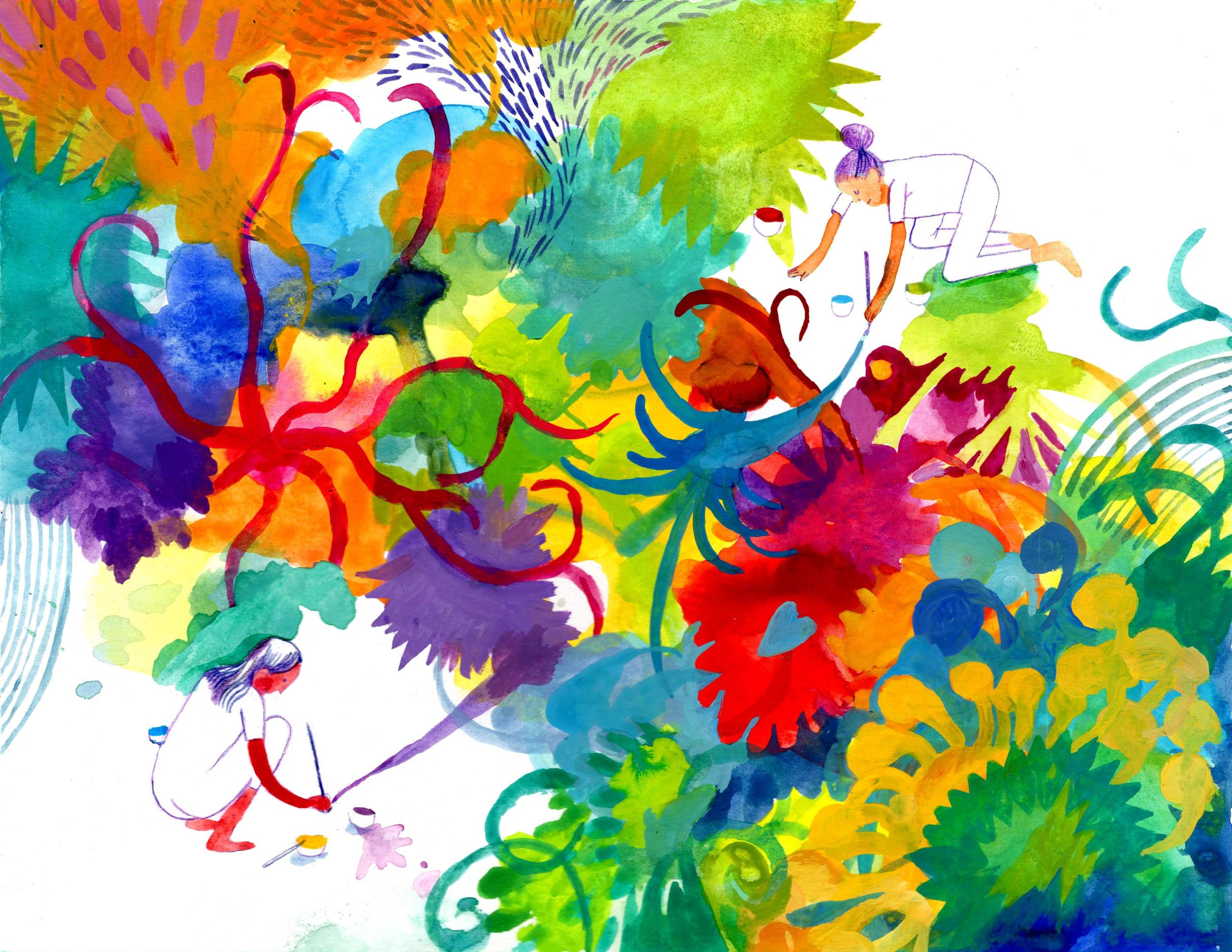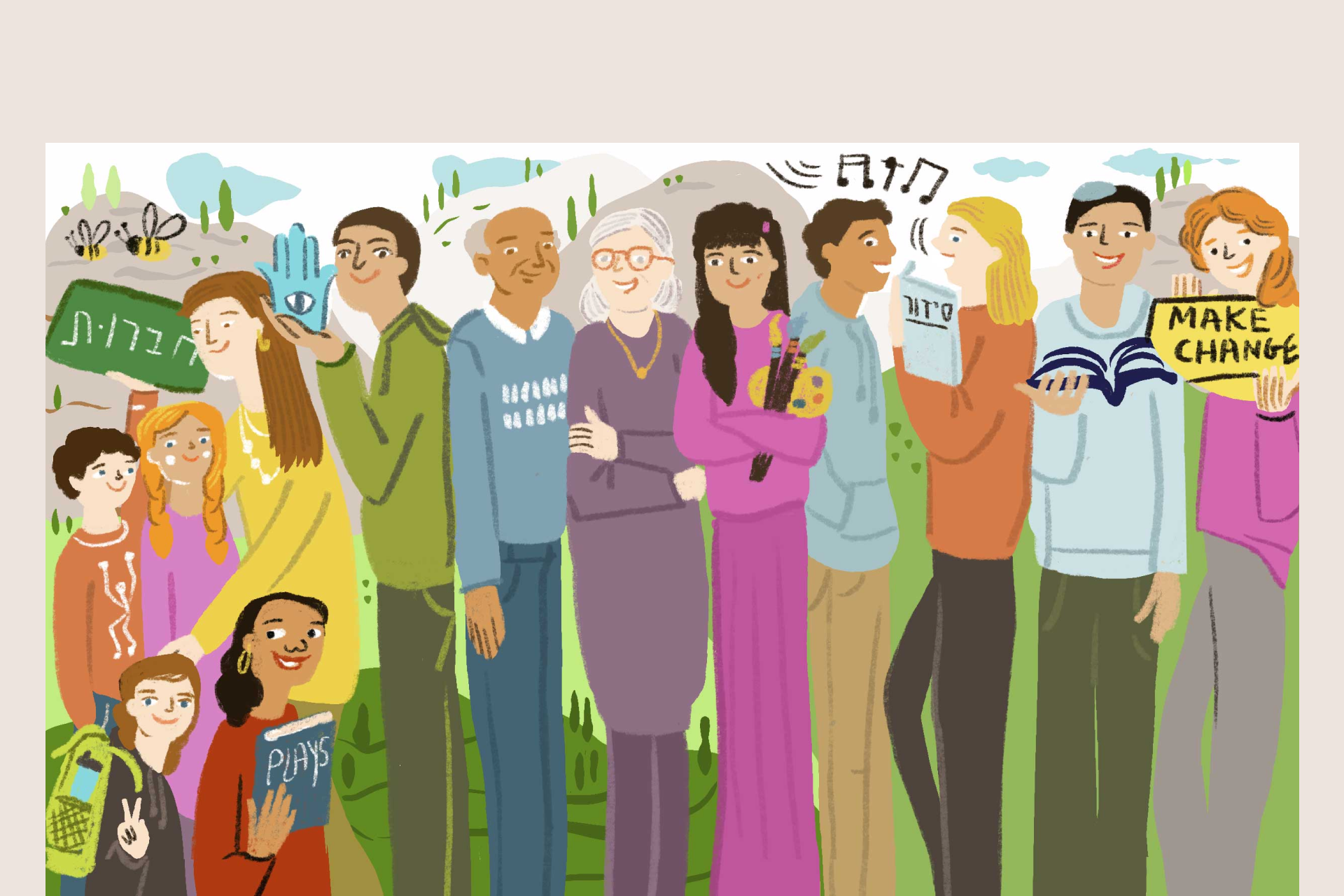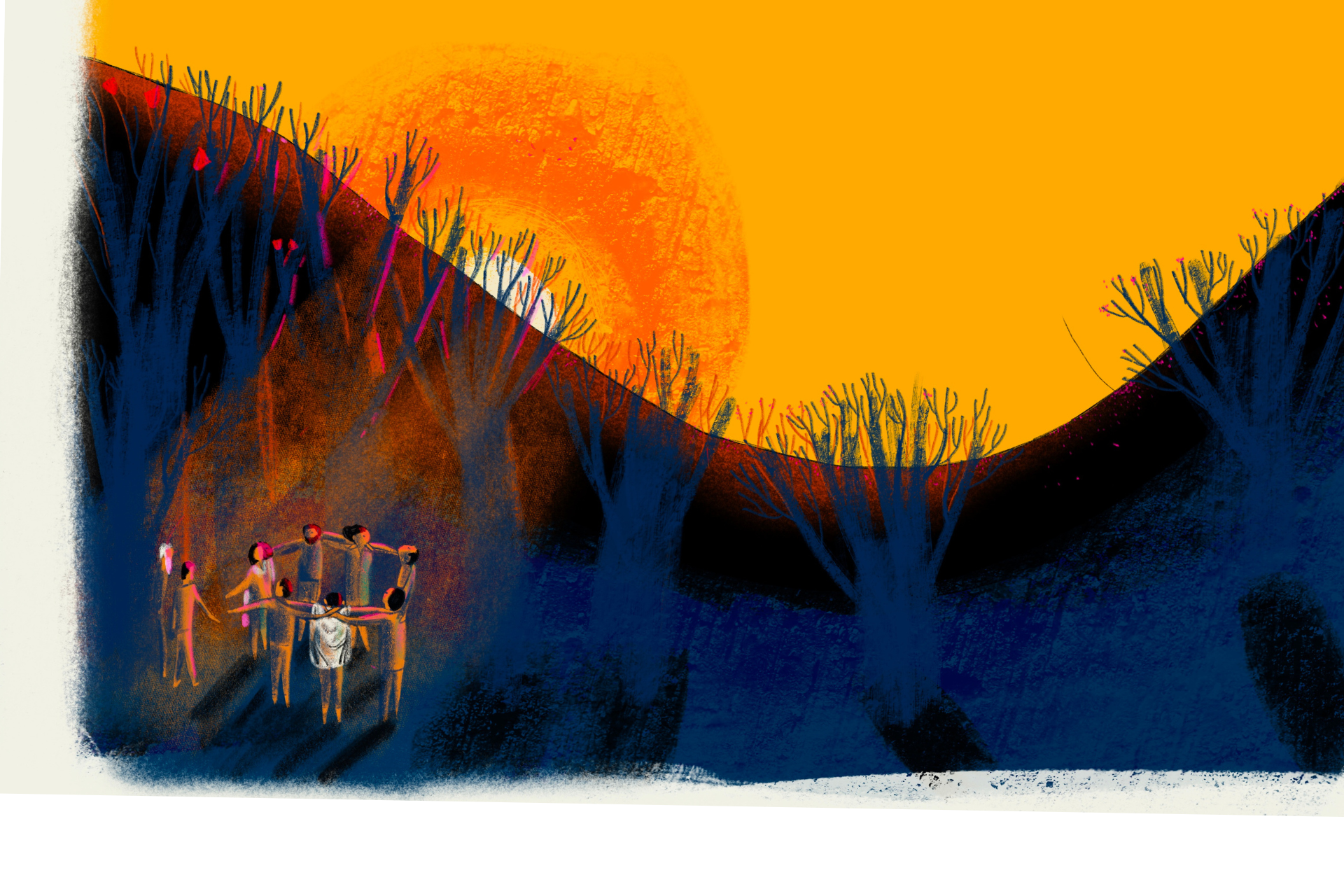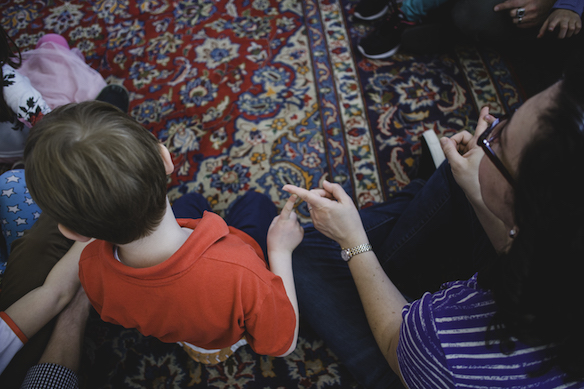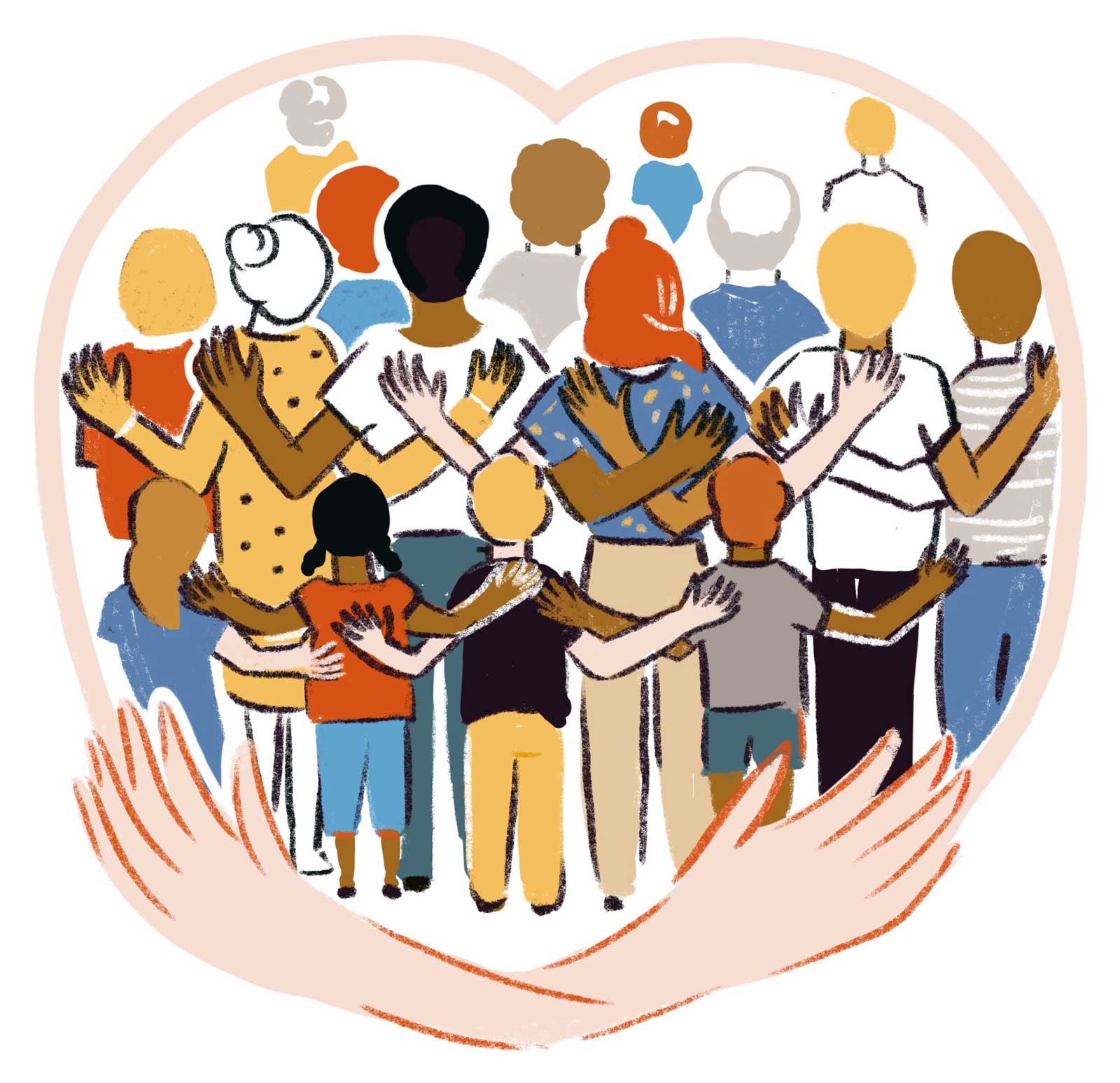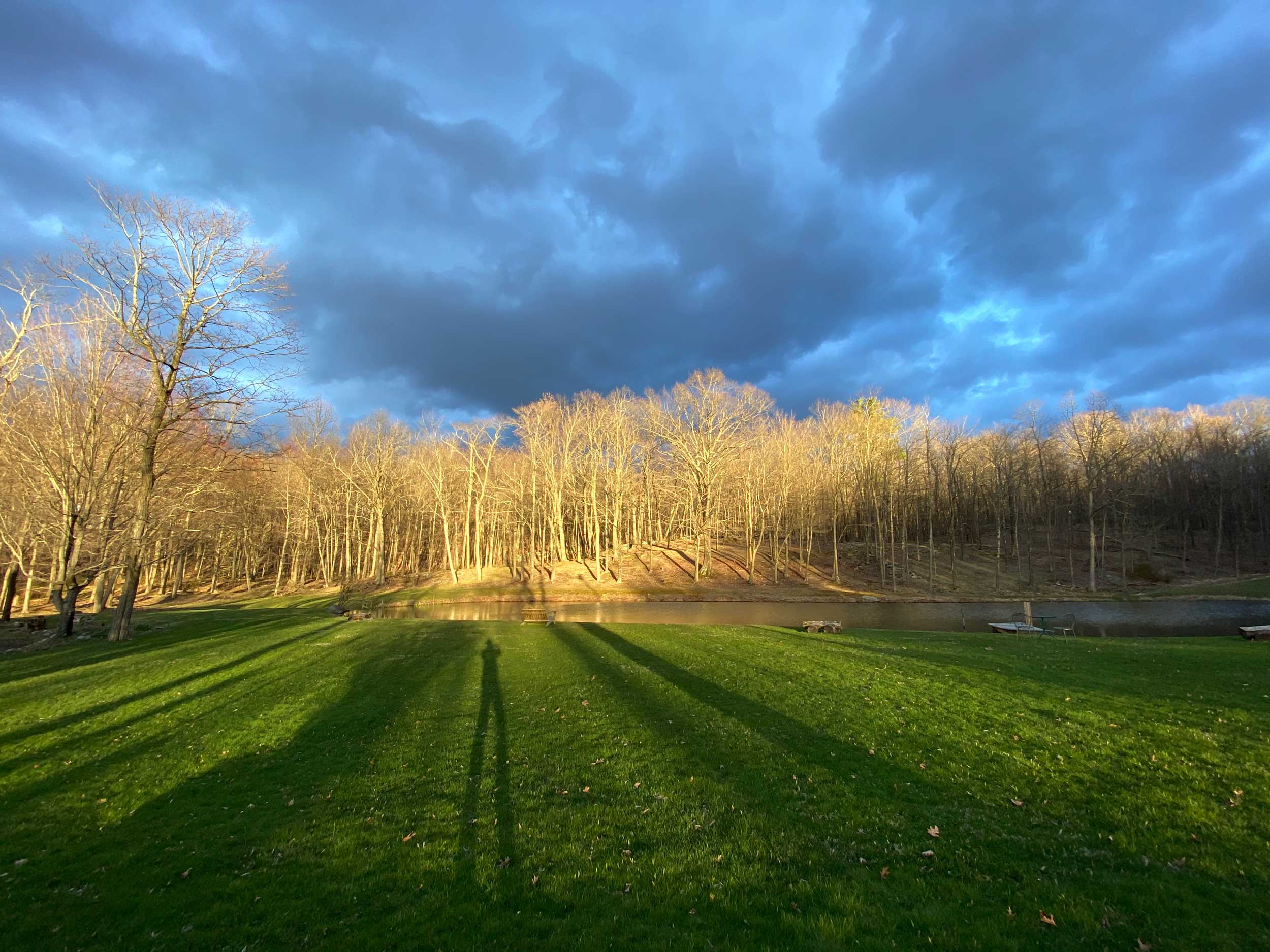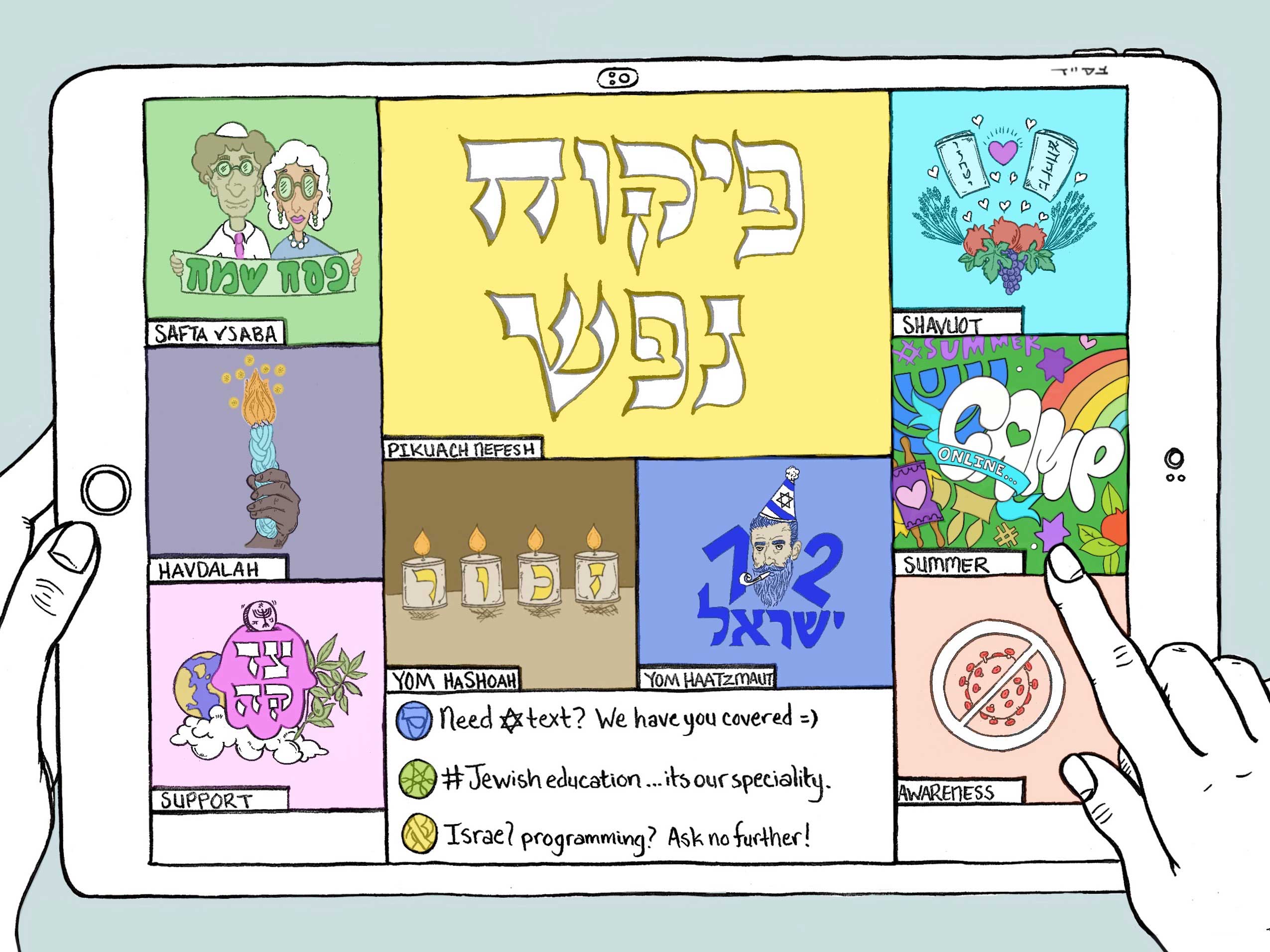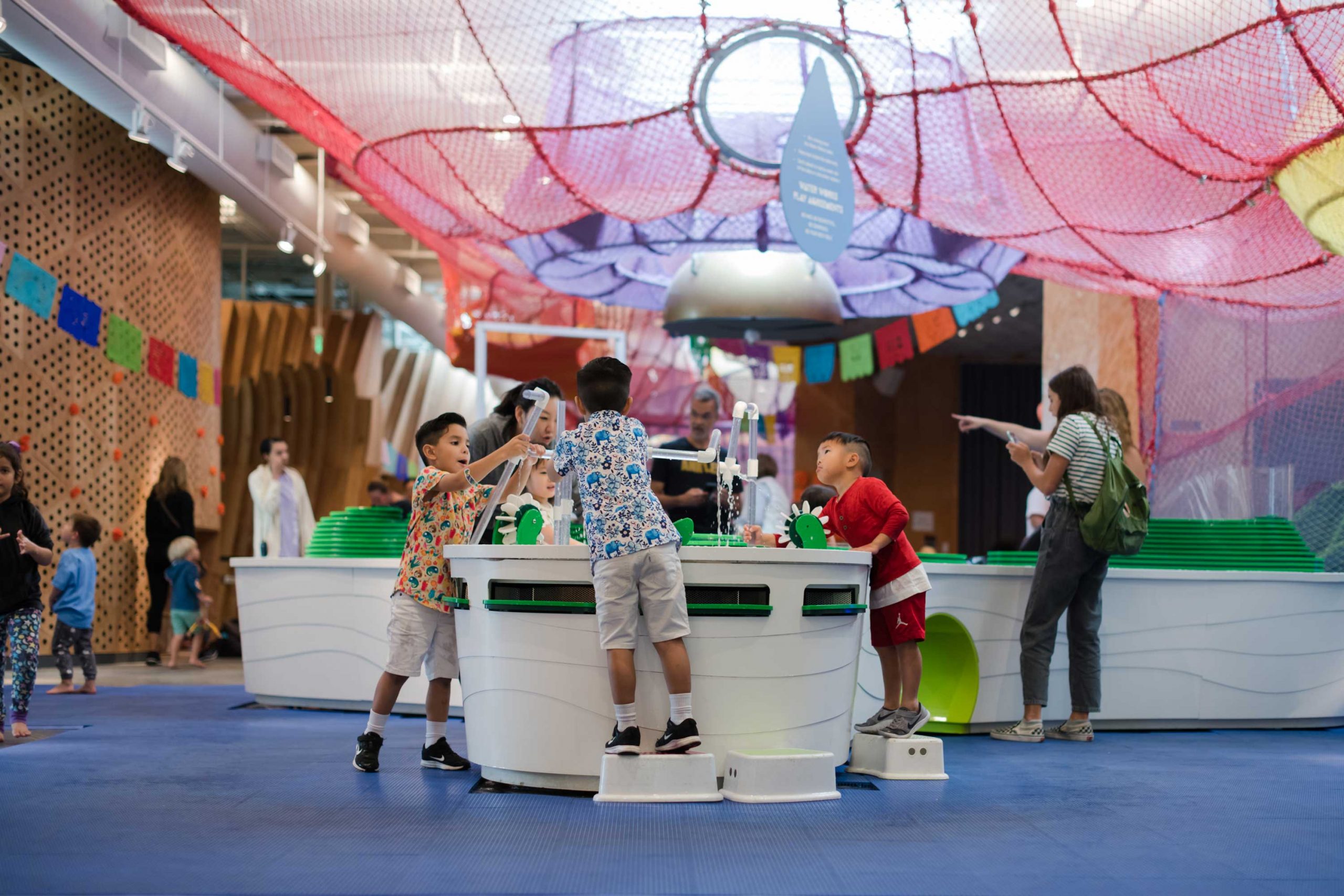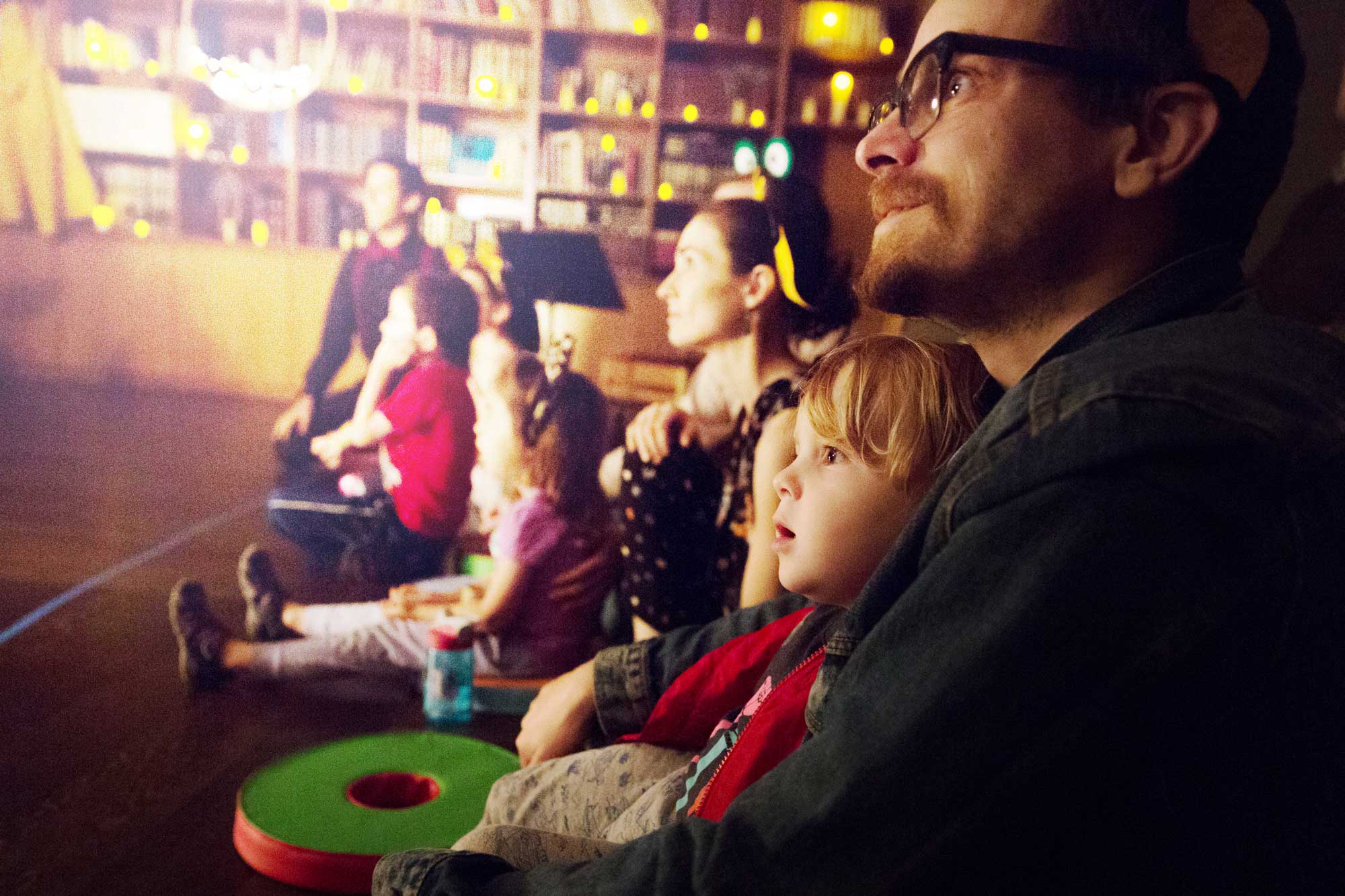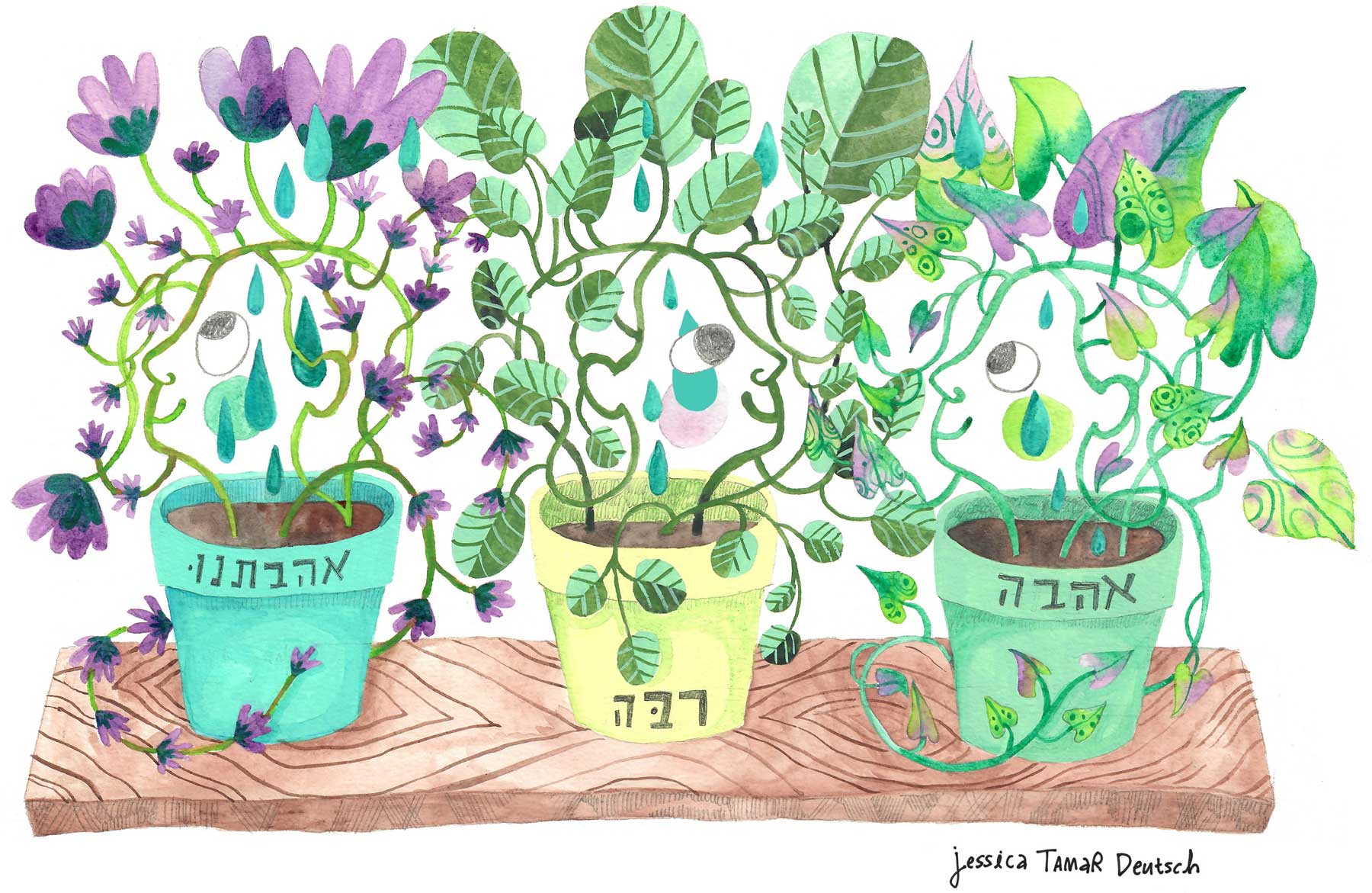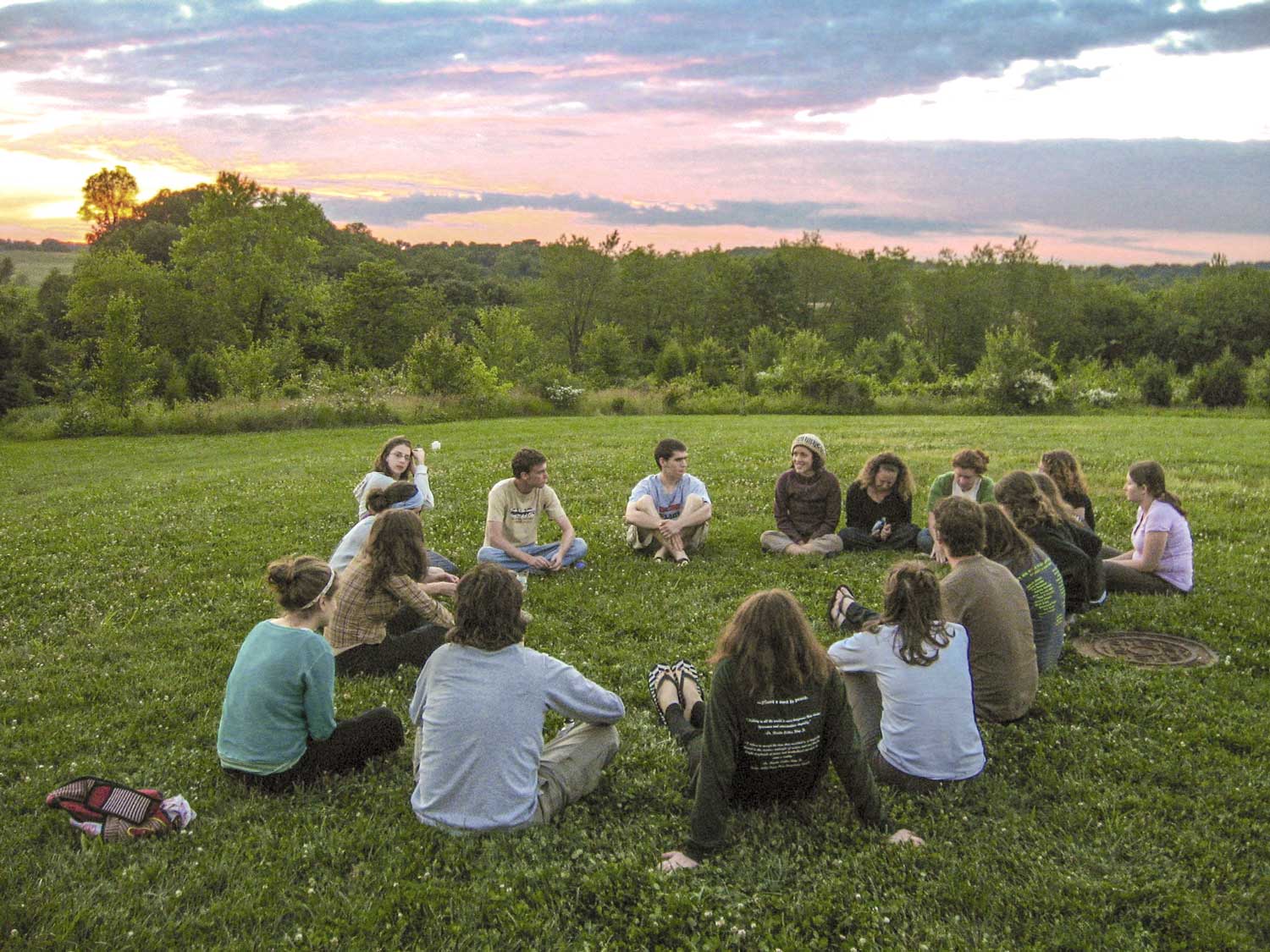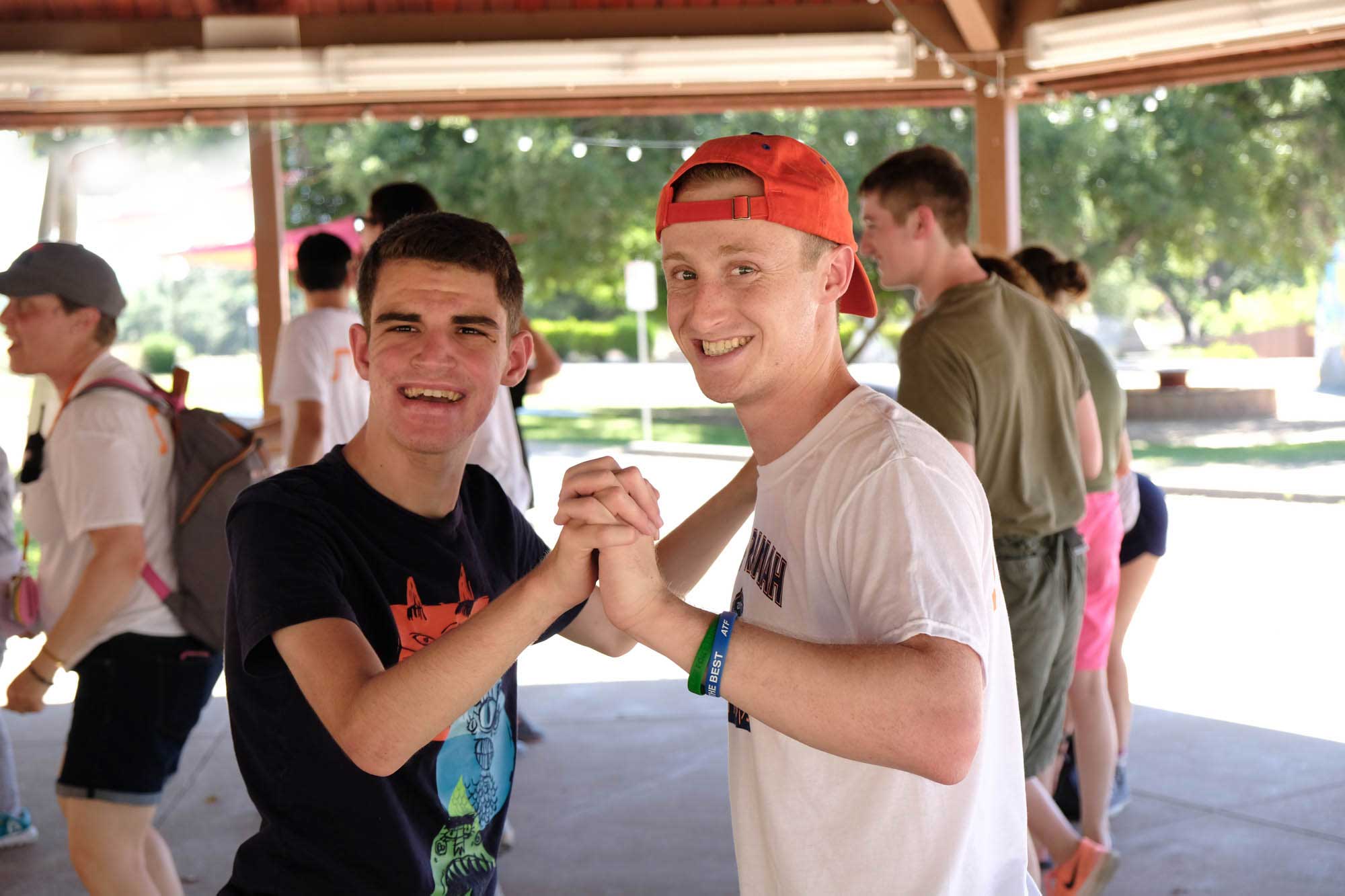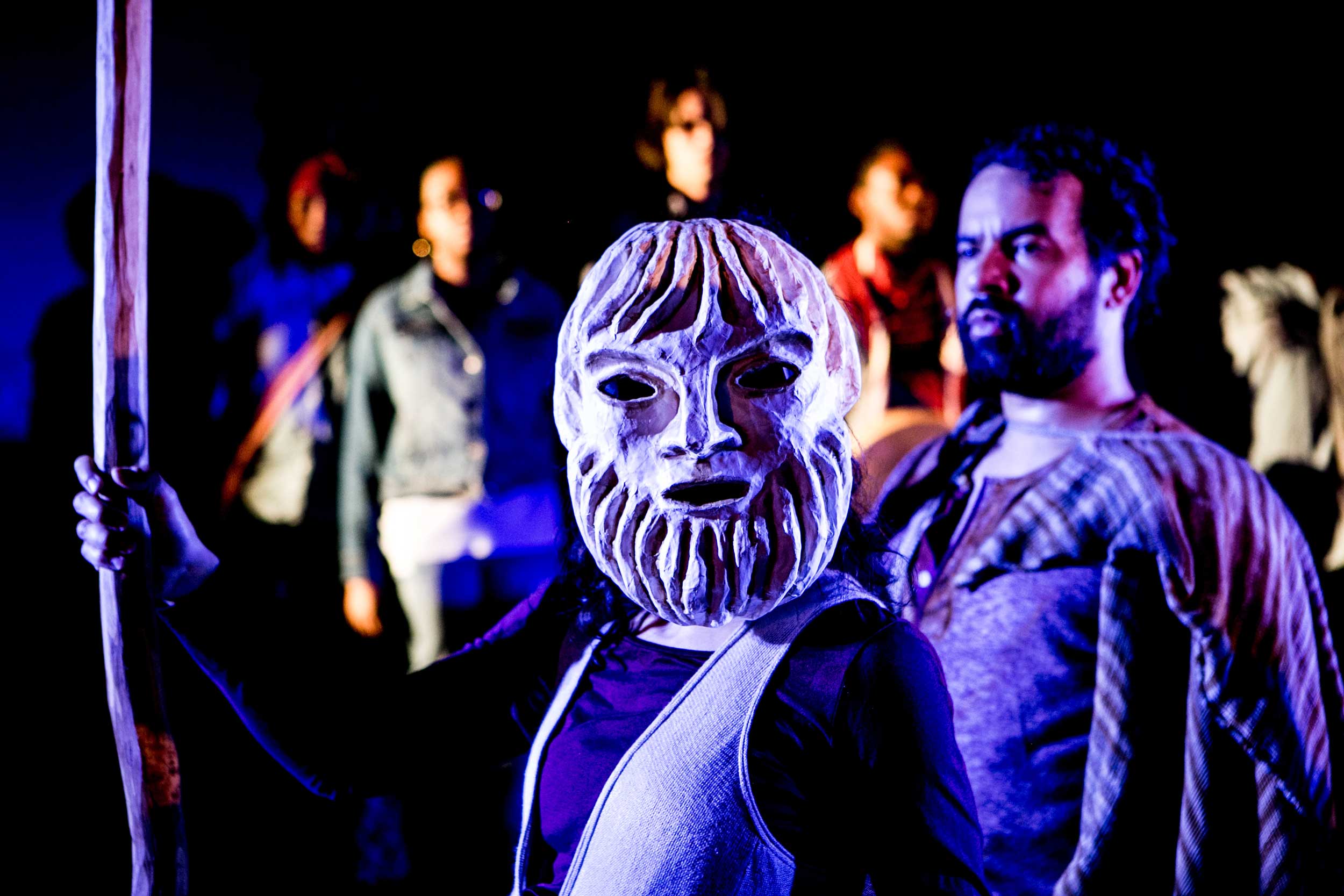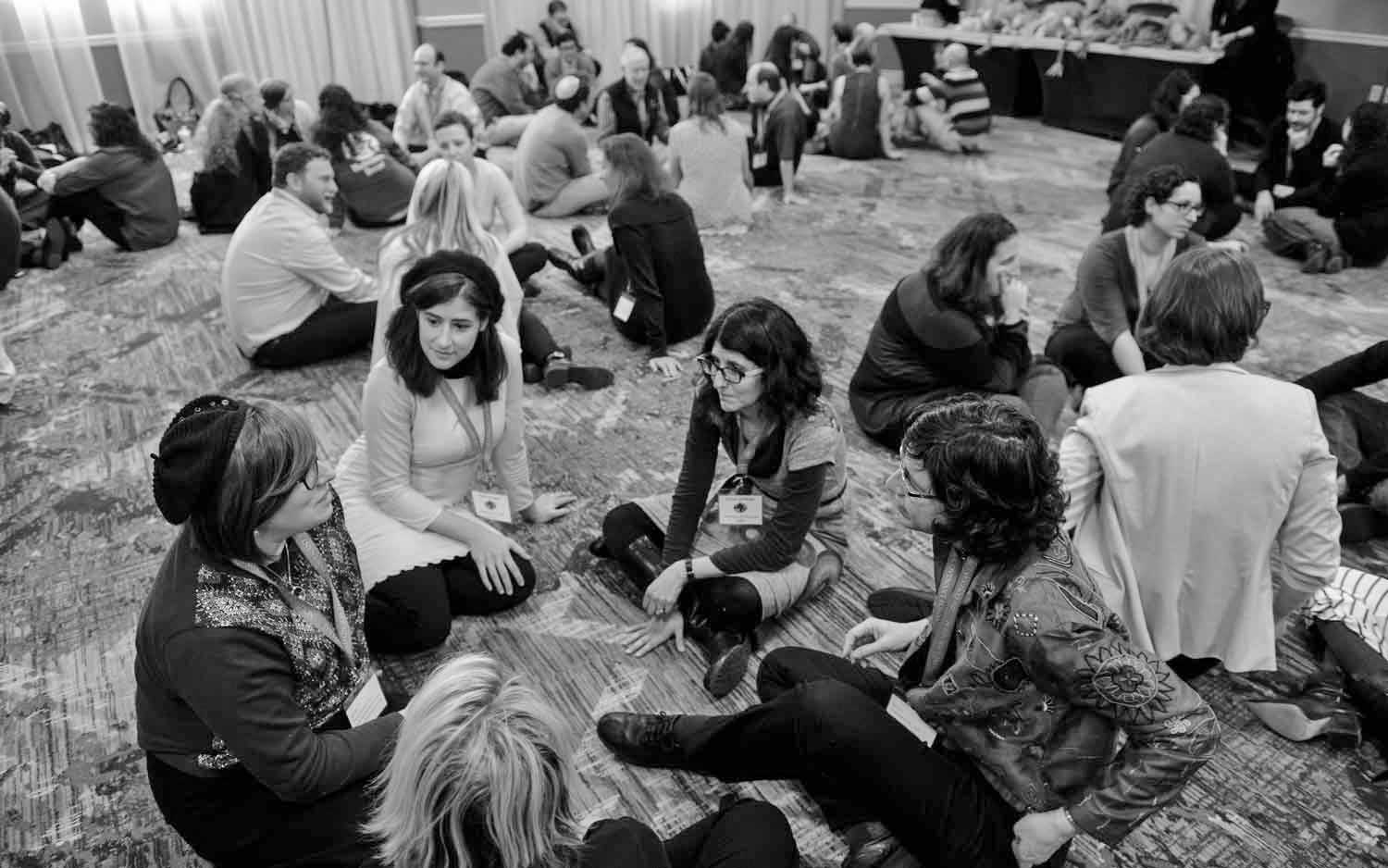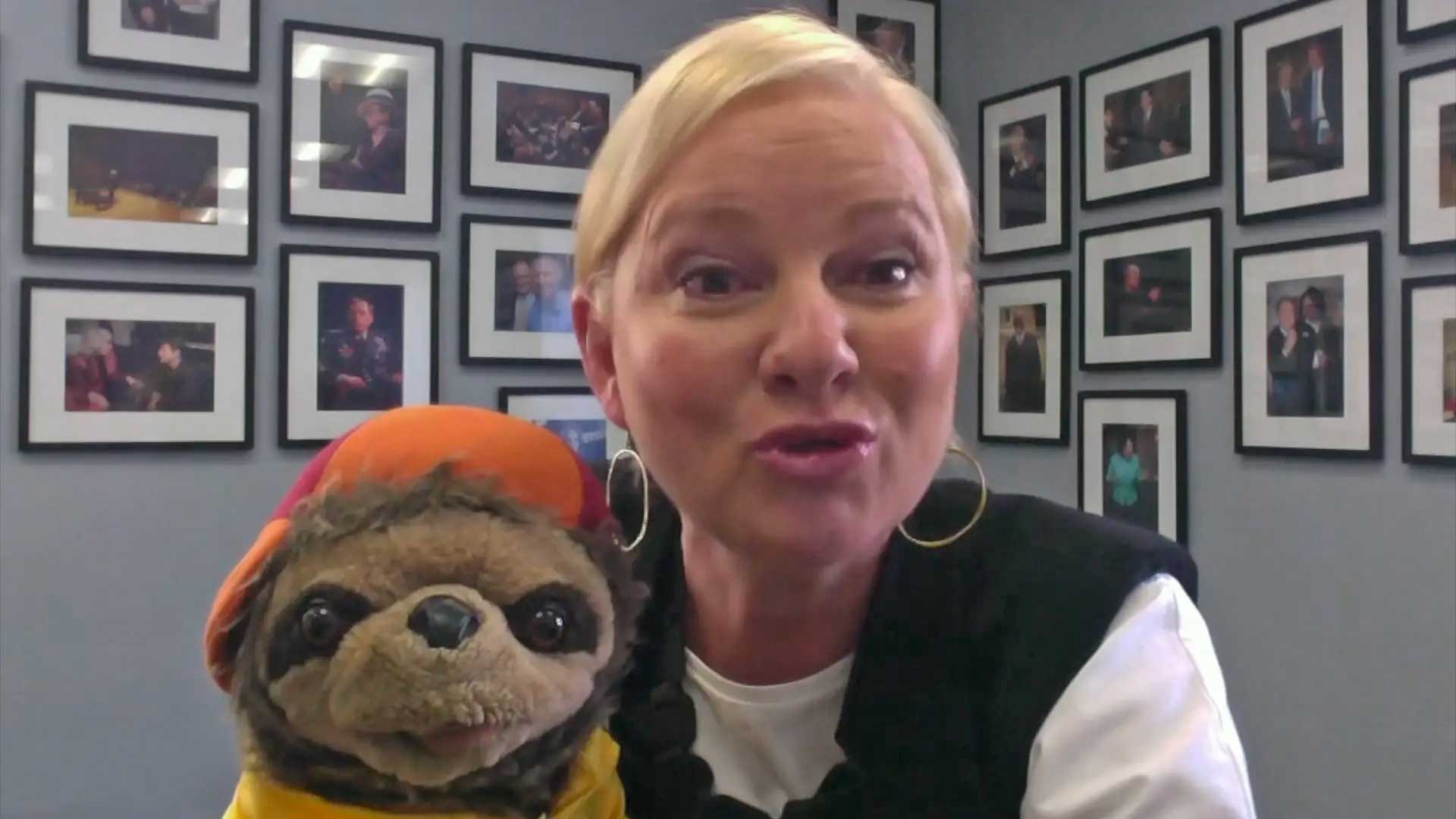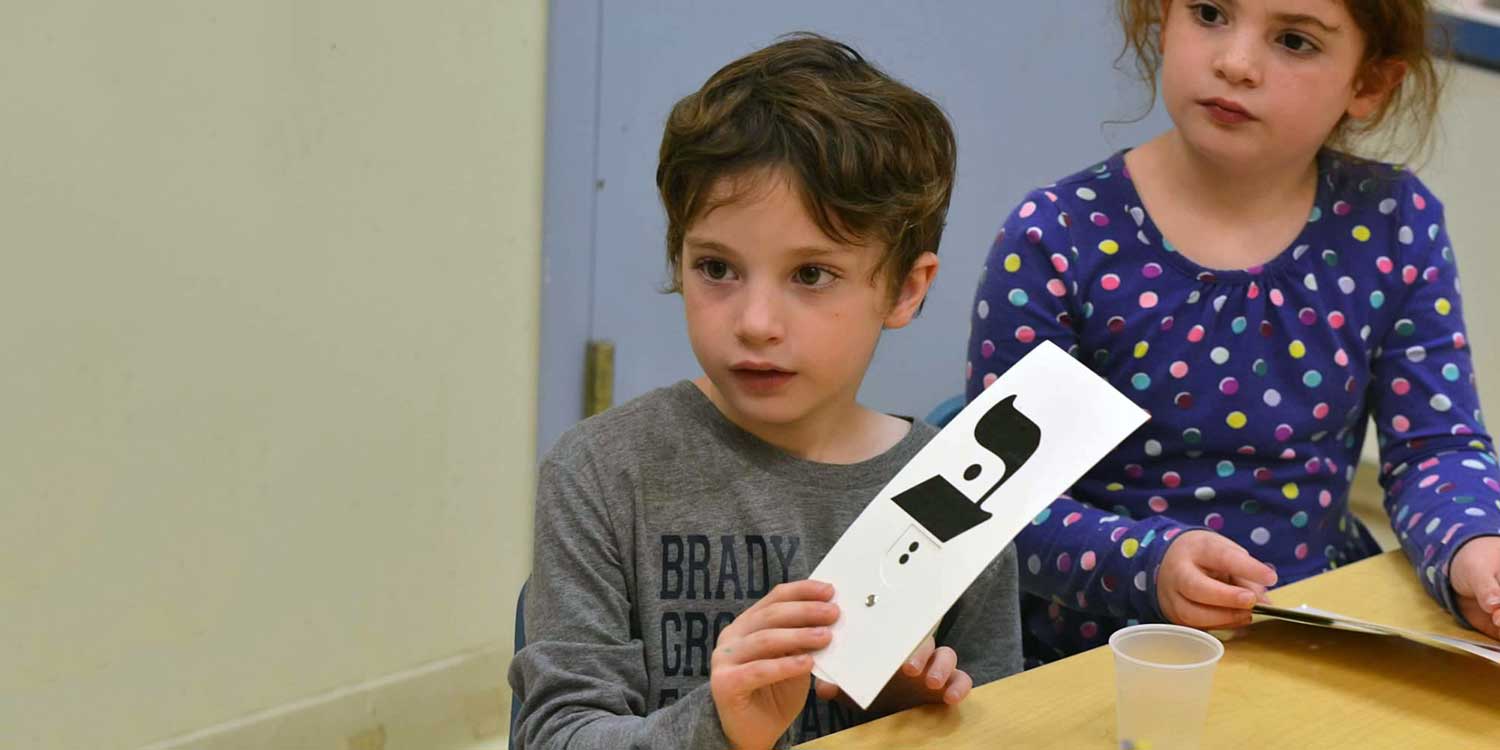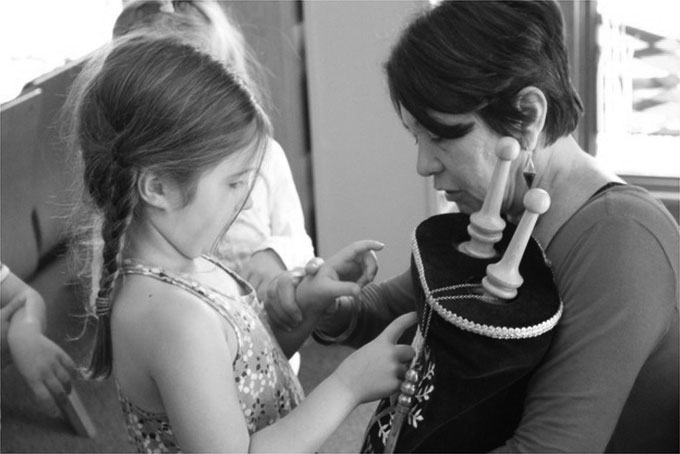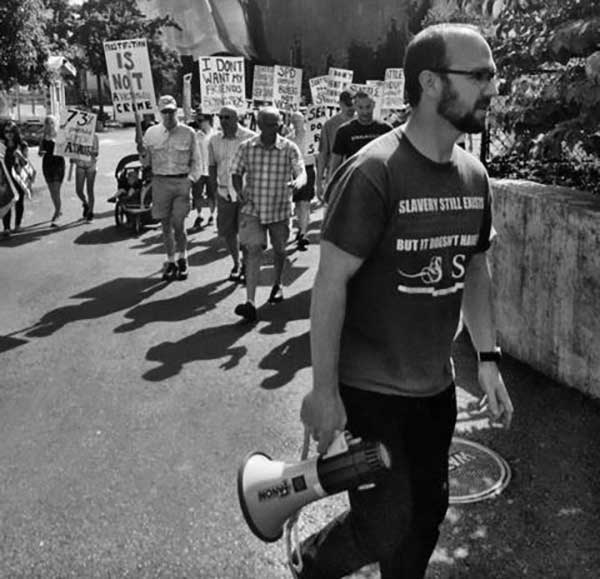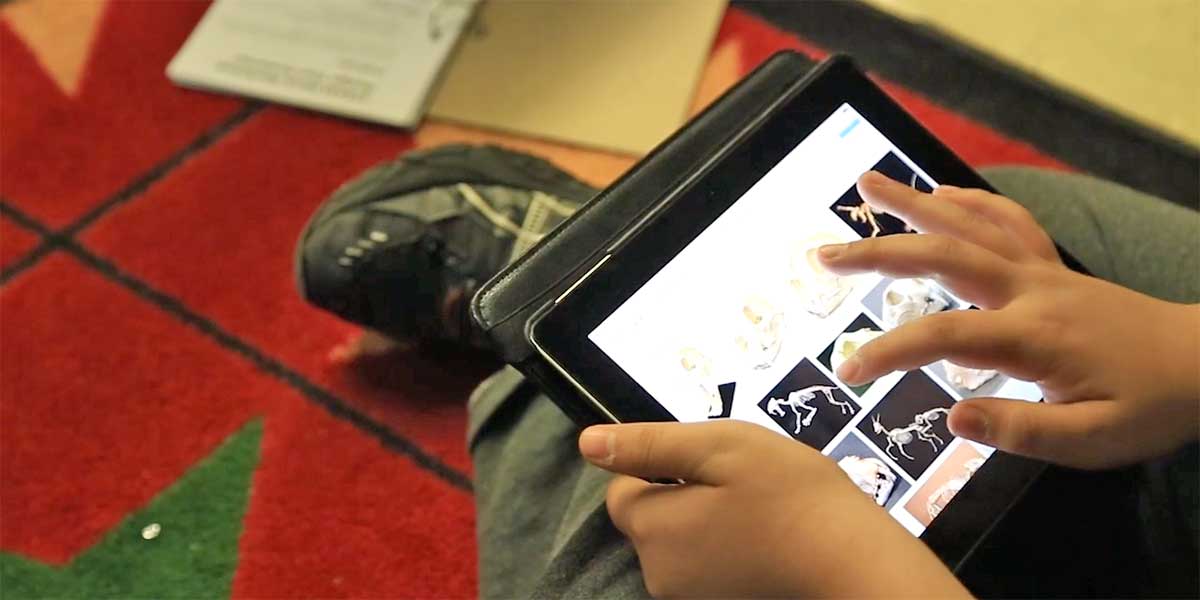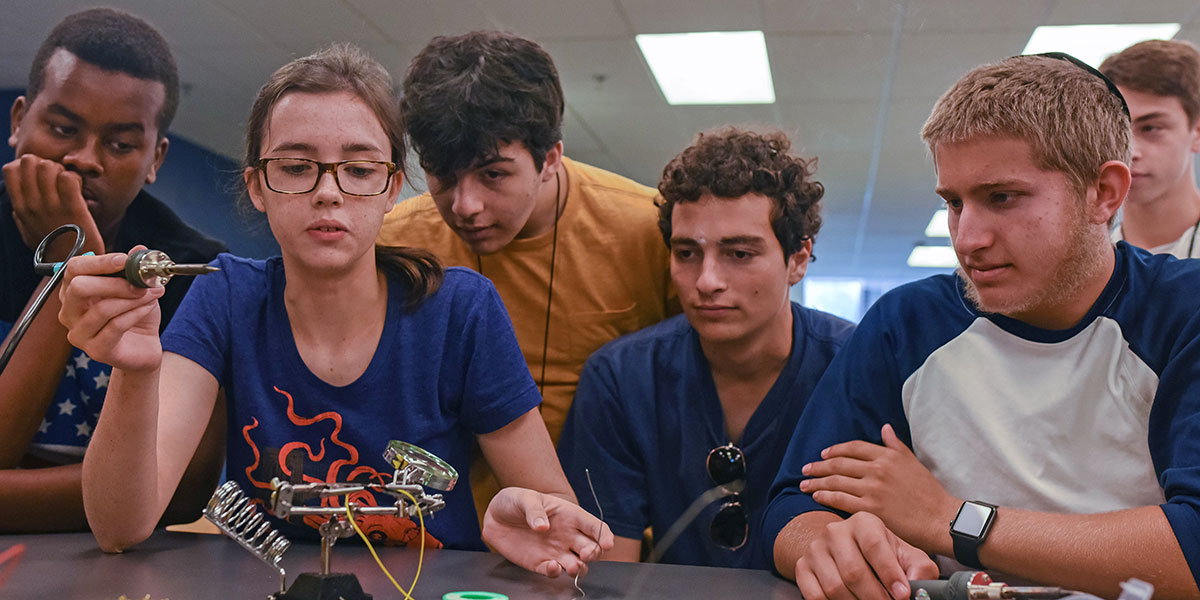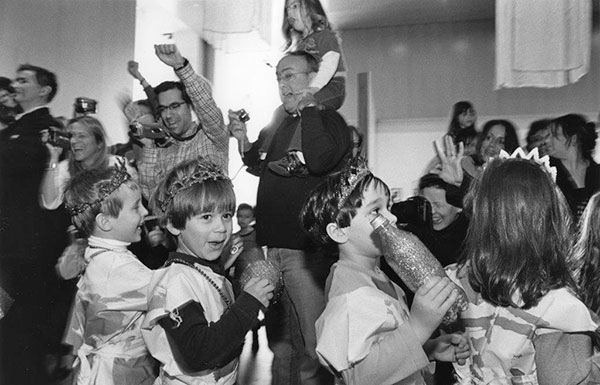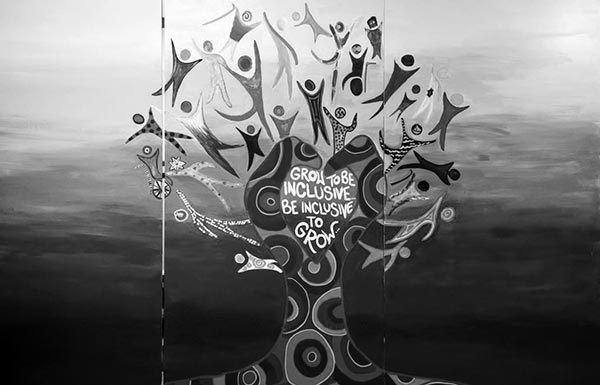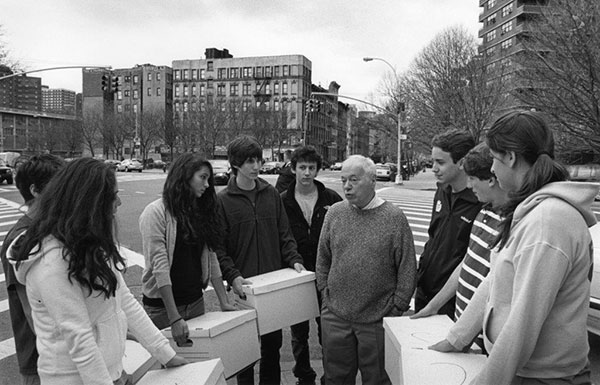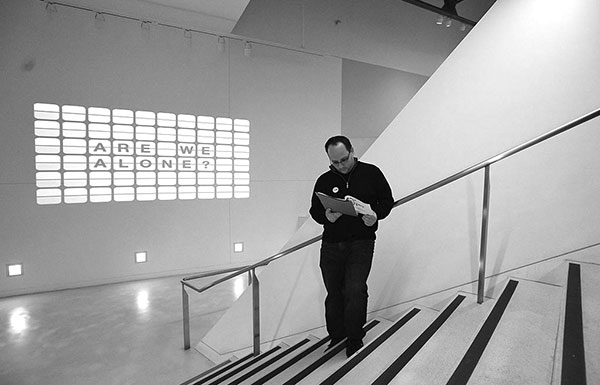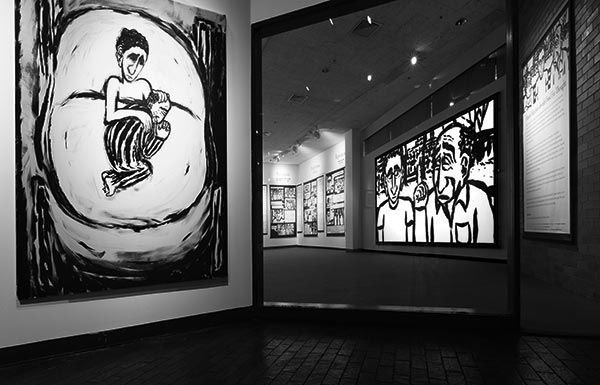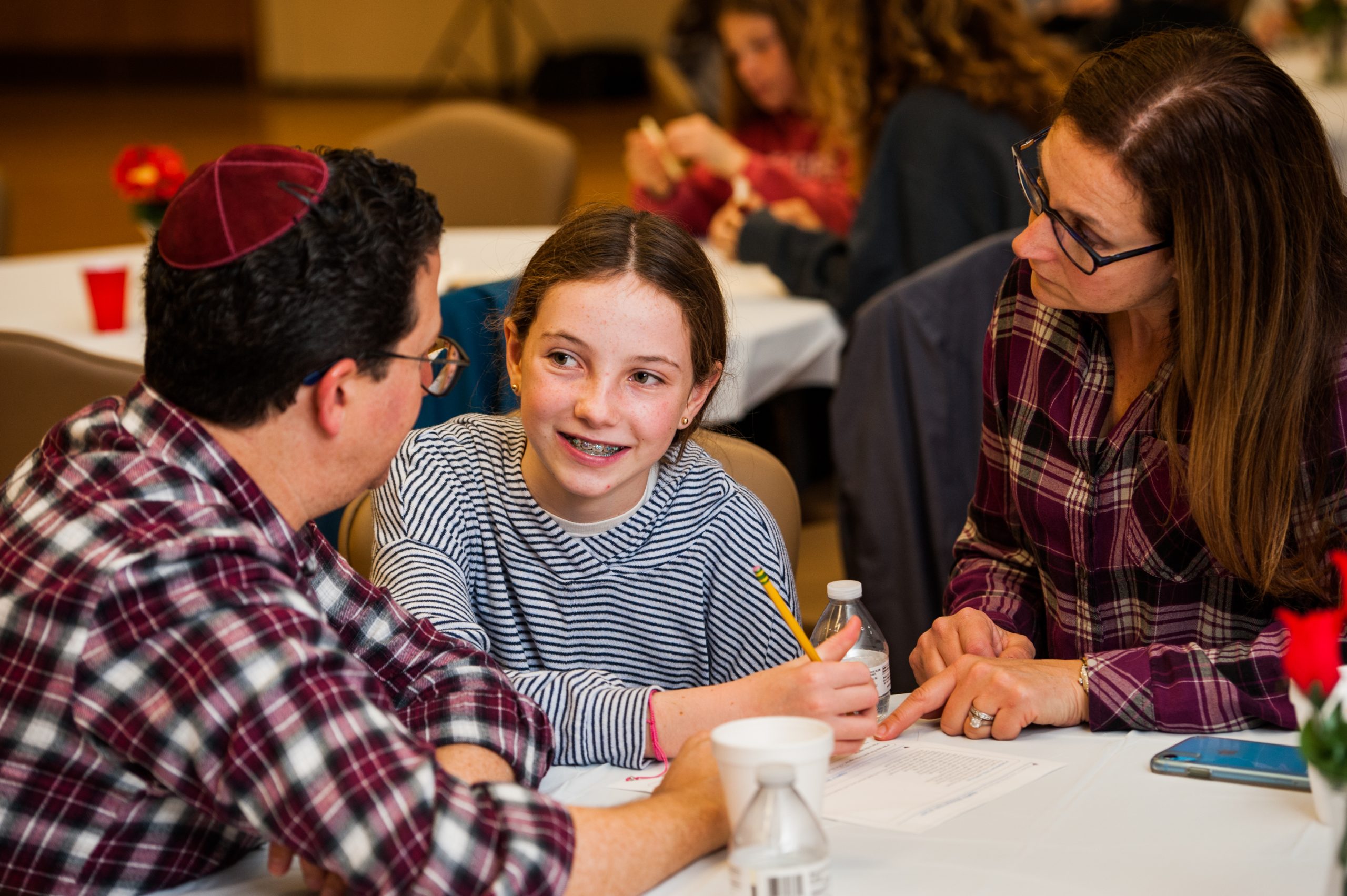
ARTICLE Normalizing Jewish Family Education for Preteens & Teens: A Call to Action
When Moving Traditions released “Family Education @ B-Mitzvah: A Moving Traditions White Paper” last month, most synagogues across the country were just slowly beginning to welcome learners back into their halls. After more than a year of online Jewish supplementary learning (or in some cases, after more than a year of none at all), religious school directors, rabbis, cantors, after school program leaders, teachers, and, of course, families, rejoiced.
What’s more, this fall, b’nai mitzvah “season” began again, in earnest. While many families are still choosing to keep their celebrations virtual or their in-person gatherings small, others have held in-person celebrations while instituting mask mandates, mandatory vaccination proof and negative Covid-19 test results. Some b’nai mitzvah learning is still on Zoom. Some is back in person, in the rabbi or cantor’s office at the synagogue. But one way or another, communities are resuming as much “normal” Jewish life as possible.
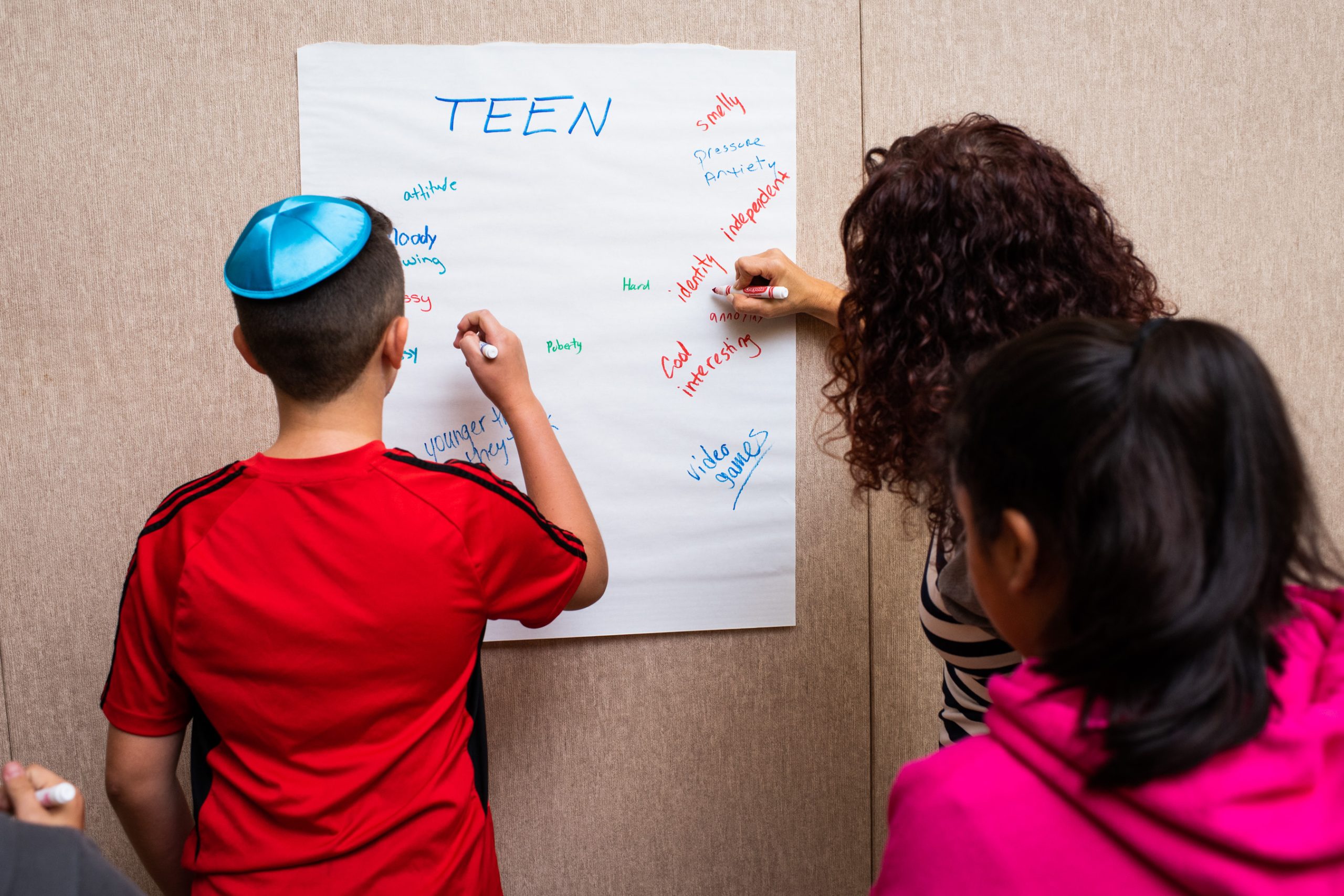
But amidst this good news is a pressing reality: Jewish families need support, now more than ever. The preteen years are stressful—for parents and kids alike—under the best of circumstances. But add to the mix a global pandemic, isolation, new peer pressures related to technology and social media, confusion and uncertainty about sexuality and gender identity, and it becomes abundantly clear that the community must respond to the needs of Jewish families and kids, and time is of the essence.
“To strengthen Jewish families and Jewish life, family education in the preteen years needs to become as normalized as family education for preschoolers,” said Deborah S. Meyer, Founder and CEO of Moving Traditions.
Enter “Family Education @ B-Mitzvah,” a white paper (available for download here) that shares research culled from the Moving Traditions B-Mitzvah Family Education program, which is currently implemented in more than 100 synagogues and Jewish institutions, as well learnings from their June 2021 convening of scholars, Jewish educators, activists and funders.
The paper is a call to action to the Jewish community, to take heed of social-emotional learning and the timeless wisdom of Jewish tradition, and apply those assets to the needs of all stakeholders involved in this liminal moment in Jewish life—parents, children, families. (The research focuses on 6th and 7th grades, in particular, as those are the years immediately before and after B’nai Mitzvah, but is undoubtedly applicable beyond those years).
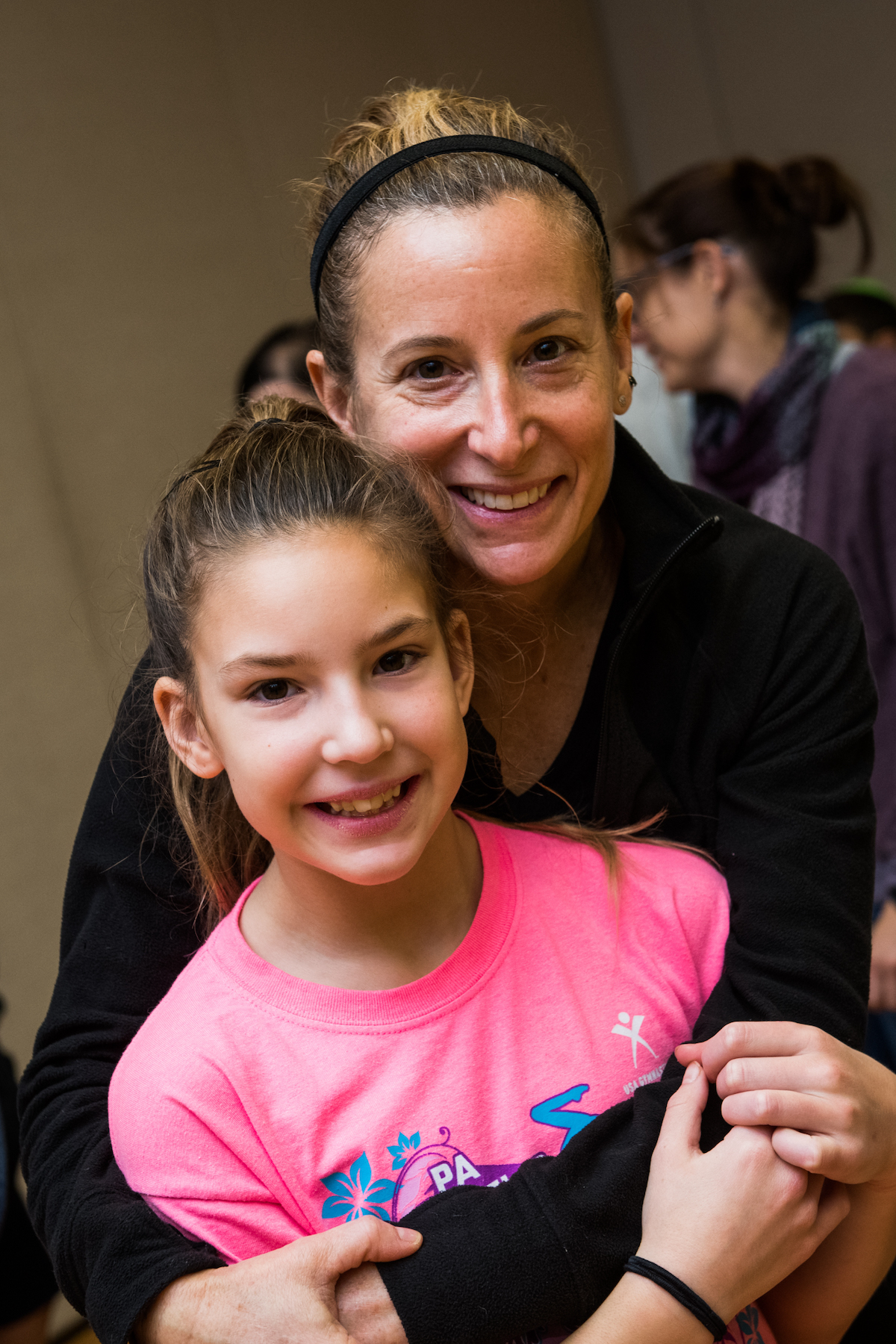
“Creating opportunities to be in conversation with parents and kids is essential, and that’s our message,” said Rabbi Daniel Brenner, Chief of Education at Moving Traditions. “Our hope is that this research will underscore again, the necessity of family education,” he said.
“When you give people content that is relevant to their lives, they will connect with synagogue and Judaism in a deeper and more engaged way,” Brenner said.
Brenner cites learnings from the recent Pew Forum study on Jewish Americans in 2020, which reflects the growing diversity of the Jewish community, both racially and politically, as having informed the work of the paper, as well as the reality that identity is a more complex and fraught concept for preteens and teens than ever before.
As their literature asserts, Moving Traditions “was created with the understanding that Jewish people and practice will thrive as Judaism continues to evolve—as it always has—to meet the challenges facing Jewish people.”
Whether it’s Rosh Hodesh, the nationally renowned program for girls, the Shevet program for teen boys, the Tzelem program for Trans, Nonbinary, Gender Diverse, and LGBTQ+ teens, or the B-Mitzvah Program, Moving Traditions is working to lift up and support Jewish preteens, teens, and their parents. And it is incumbent upon all of us, to join in. Our kids are counting on us.
By Adina Kay-Gross, for The Covenant Foundation
More to Consider:
- We Can--and we should--support Jewish preteens and parents now (eJewish Philanthropy.com, October 13, 2021)
- Teens Are in Crisis. So Are Their Parents (New York Times, May 2021)
- As My Son Came of Age, He Taught Me: Embrace What Is Possible (WBUR, April, 2021)
- Moving Traditions' New Bnai Mitzvah Program for Families (Sight Line Volume 25, September 2019)
- Meaning Making for Teens, An Interview with Deborah Meyer (Sight Line Volume 5, June 2015)

